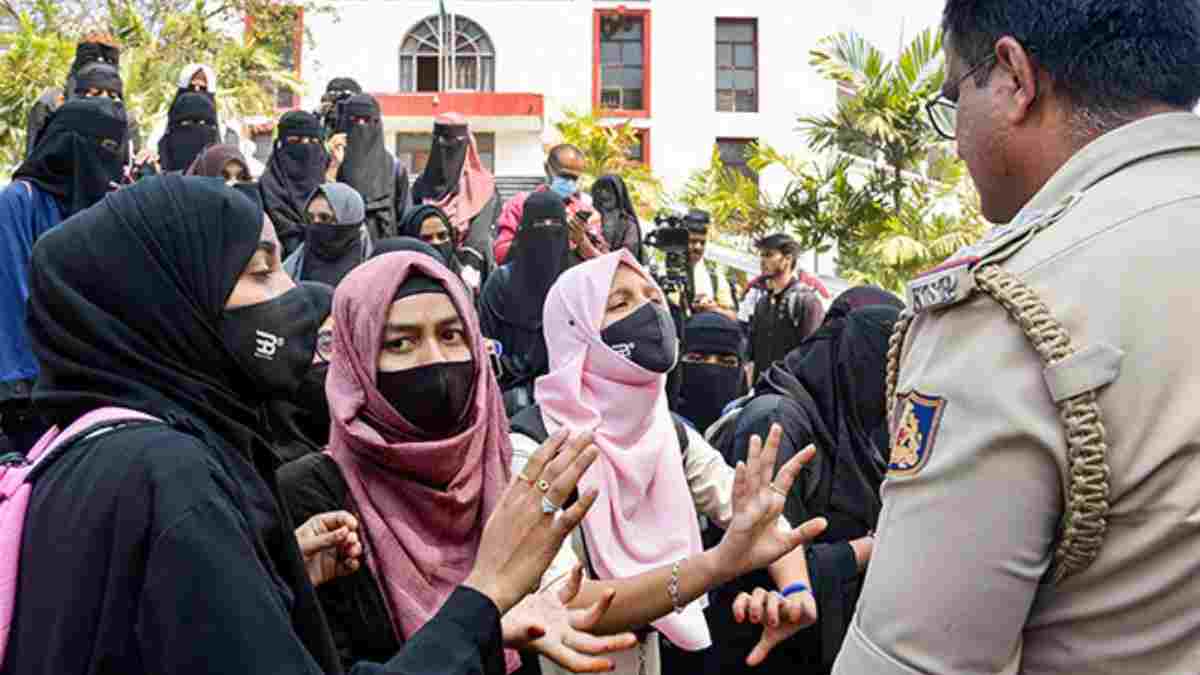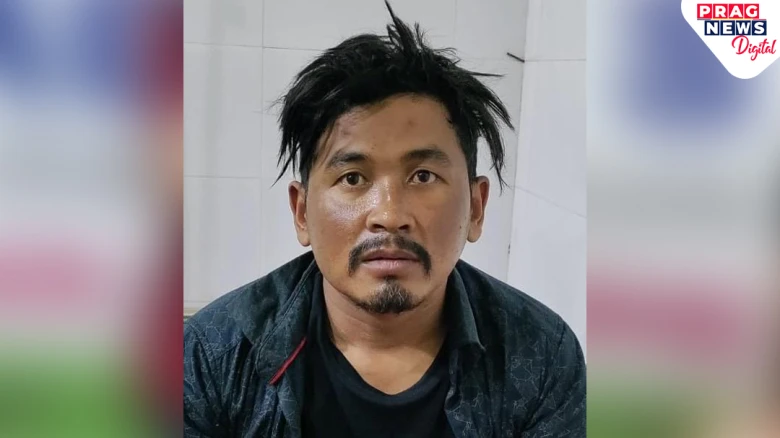Regional
As per report, Ranesh was involved in a case of chain snatching in the Sundarpur area on April 29. Later, he was arrested from Nalbari during a raid in the afternoon.
Digital Desk: A notorious criminal, identified as Ranesh Daimari alias Raju, who w









Leave A Comment